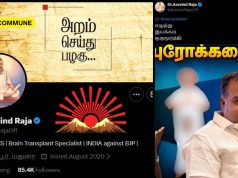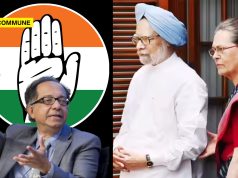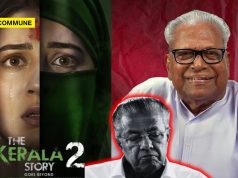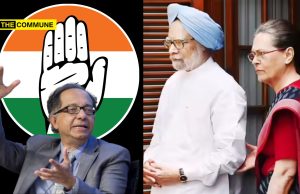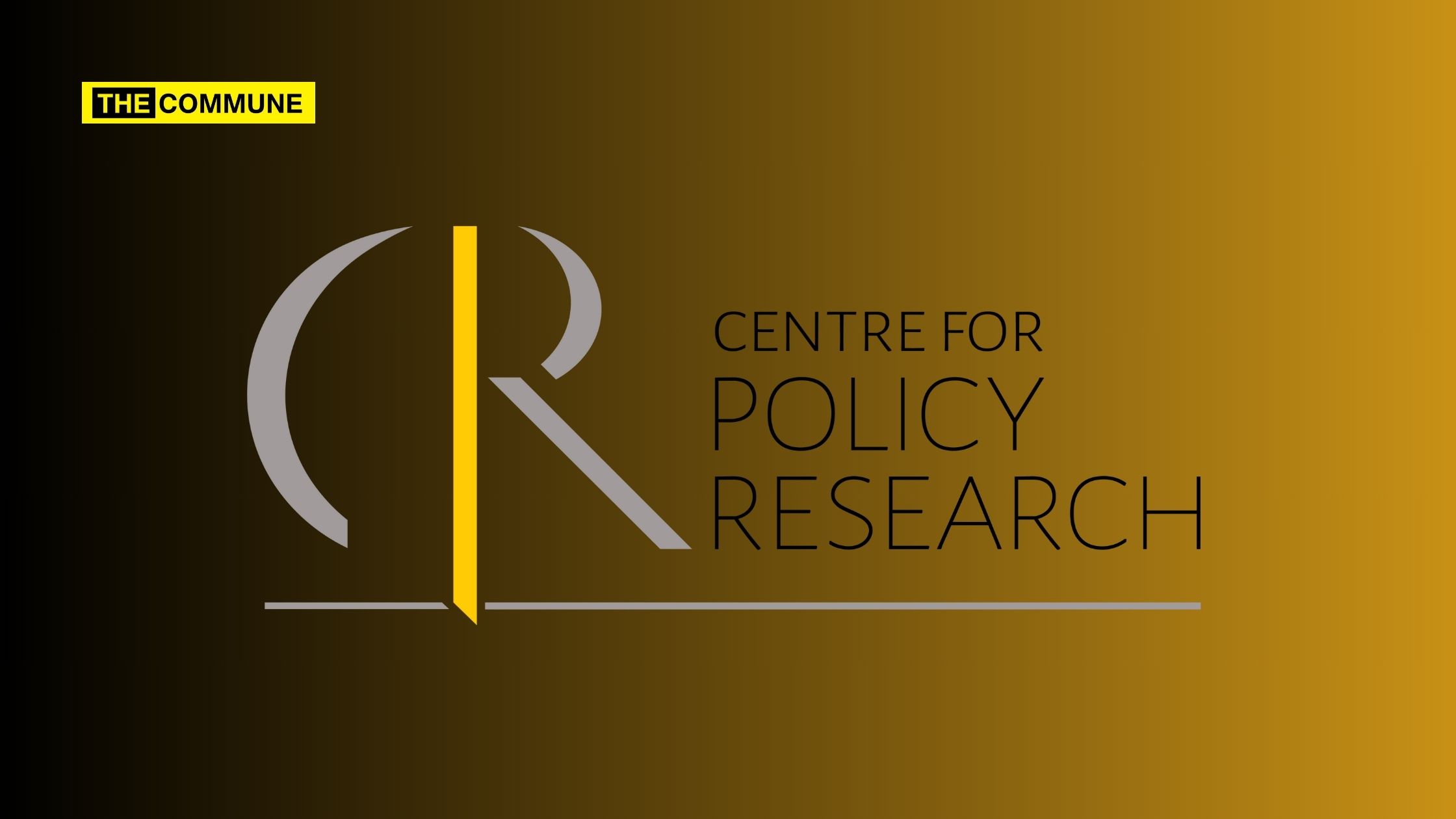
The Ministry of Home Affairs (MHA) has revoked the Foreign Contribution Regulation Act (FCRA) license of the prominent think-tank Centre for Policy Research (CPR), approximately a year after suspending it. The cancellation is based on allegations of violating provisions of the foreign funding law.
CPR’s FCRA license had initially been suspended in February 2023 for 180 days, and subsequently, the suspension was extended for an additional 180 days. Established in 1973, CPR is a nonprofit, policy think-tank that specializes in advanced and comprehensive research on a diverse range of policies related to climate change, Social Justice, Public finance & accountability, Urbanisation, and others with a specific emphasis on addressing India’s challenges in the 21st century.
In September 2022, the Income Tax Department conducted an operation against CPR as part of an investigation into their foreign funding activities. In response to CPR’s legal challenge in the Delhi High Court against the license suspension, the MHA contended that the think-tank’s foreign funding should cease due to its alleged receipt of foreign contributions for “undesirable purposes” that could negatively impact the economic interests of the country. The MHA further claimed that CPR had transferred foreign contributions to other entities and placed them in non-designated accounts, thereby violating FCRA regulations.
‘The FCRA license has been revoked as per the directive received on 10 January 2024’ conveyed by Yamini Aiyar, President of CPR, to ANI.
Ministry of Home Affairs has cancelled the FCRA registration of Centre for Policy Research (CPR), a leading public policy research institution in New Delhi. The FCRA has been cancelled via order received on January 10: Yamini Aiyar, President, CPR tells ANI
— ANI (@ANI) January 17, 2024
What is the Foreign Contribution Regulation Act?
The FCRA, enacted during the Emergency in 1976, aimed to address concerns about foreign interference in India by regulating foreign donations to individuals and associations. The law was amended in 2010 to consolidate regulations on the use of foreign funds and to prevent their utilization for activities detrimental to the national interest. The 2020 amendment granted the government increased control over the receipt and utilization of foreign funds by NGOs.
According to FCRA criteria, individuals or NGOs seeking foreign donations must be registered under the Act, open a designated bank account in the State Bank of India, New Delhi, and utilize the funds only for the specified purposes outlined in the Act. Registrations are granted to entities with specific cultural, economic, educational, religious, and social programs.
Exceptions include the requirement that the applicant must not be fictitious, have a criminal record related to conversion activities or communal disharmony, or engage in the propagation of sedition. The Act also prohibits certain entities, such as election candidates, journalists, judges, government servants, political parties, and their office-bearers, from receiving foreign funds.
FCRA registration is valid for five years, and NGOs must apply for renewal within six months of the expiry date. The government has the authority to cancel the registration if violations are identified, if the NGO has been inactive for two consecutive years, or if it has become defunct. Once canceled, re-registration is not allowed for three years.
Subscribe to our channels on Telegram, WhatsApp, and Instagram and get the best stories of the day delivered to you personally.

